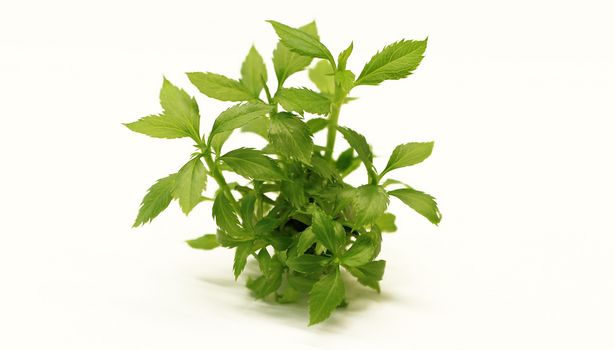New Plant Breeding Techniques

The cultivation of wild plants into crop plants has for a long time ensured food security. Initially relying on the plant varieties provided by nature, breeders swiftly evolved their methods by incorporating knowledge and leveraging new technologies to further enhance crop species. Currently, demand for the development of new high quality crop varieties is increasing, due to the growing challenges presented by climate change and population growth. New genomic techniques (NGTs) emerge as promising, yet controversial, tools to address the pressing food security and sustainability challenges that could potentially help increase crop productivity, resilience or product quality.
NGTs include various approaches, such as cisgenesis and genome editing, that can introduce modifications to crop plant genomes to develop improved varieties. Cisgenesis enables the transfer of genes from closely related species or within the same species into the desired crop plant. Thereby, desirable traits such as disease resistance from naturally compatible sources can be introduced into existing high-quality cultivars. Genome editing takes advantage of molecular tools like CRISPR/Cas9 to make targeted modifications to the DNA of crop plants, enabling for example the removal of undesirable traits. Although plant breeding has been undertaken by humans for thousands of years, NGTs offer the potential of altering crop plant genomes more precisely and efficiently to create improved varieties. However, given the complex interplay of ethical, regulatory, environmental, and socioeconomic considerations, the use of NGTs can be classified as a wicked societal problem.
In ENGAGE, we use NGTs as an example of currently relevant wicked problem. We jointly produce scientific knowledge on this example (in particular through technical advances on apple, barley, and an important Swiss grapevine cultivar) while analyzing the political debate surrounding these techniques and conducting dialogue events with scientists and a diversity of stakeholders to promote a comprehensive discussion of the trade-offs arising from NGTs.




